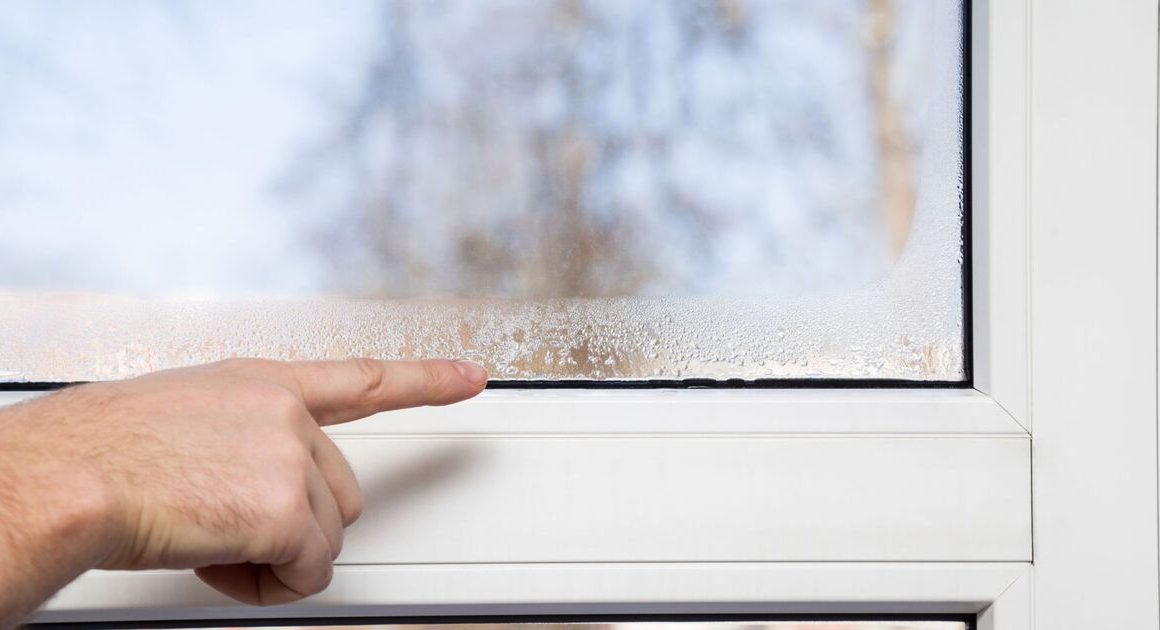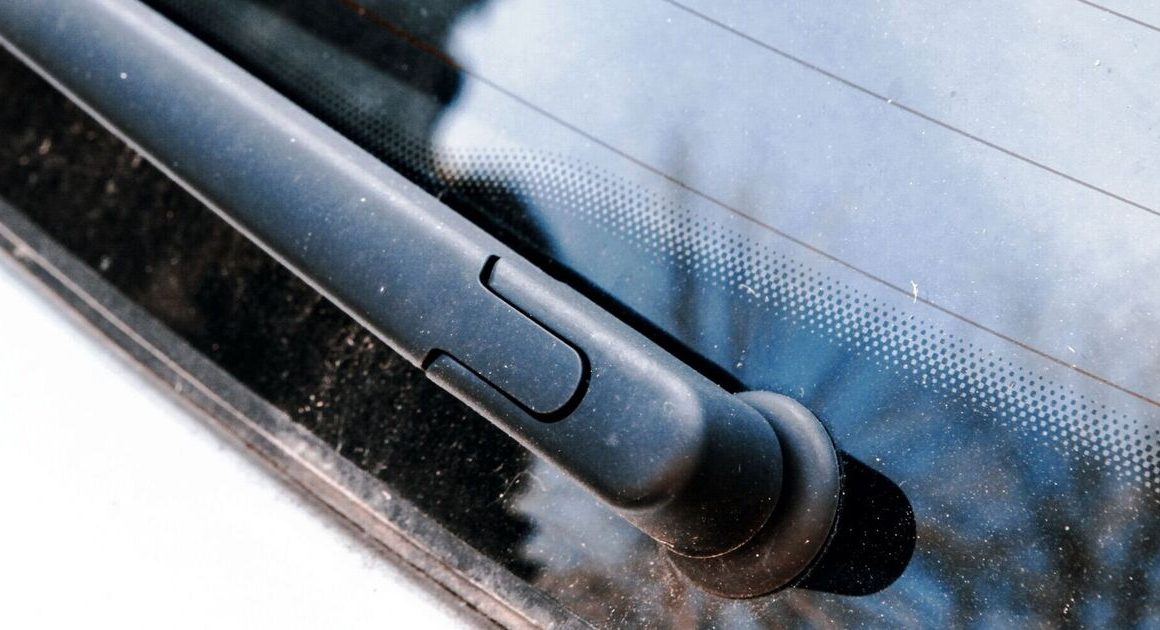English ivy may add a touch of class to your garden, but let it run wild and it’ll soon start strangling your beloved blooms, shrubs and trees.
Despite being a native species in Britain, English ivy can still go rogue, hogging all the nutrients, light and moisture from its plant neighbours, stunting their growth big time.
But that’s not all as those creeping ivy tendrils can scale walls and fences, worming into nooks and crannies, potentially causing a right mess of your structures if you don’t keep an eye on them.
But fear not, green-fingered friends, because gardener Brittany Bailey, the whizz behind Pretty Handy Girl, has come out with what she calls the “absolute easiest” method to banish ivy “forever” to stop it staging a comeback.
She claimed: “No back-breaking pulling or bending over. This is truly the best way to remove English ivy.”
First things first, kit yourself out with sturdy work boots, a long-sleeved shirt, full-length trousers, gardening gloves and safety goggles.
Brittany insists on suiting up properly before tackling ivy, as it’s a notorious hideout for creepy crawlies like spiders and rodents better safe than sorry.
Kick things off by cutting the ivy down to size for top-notch results, then go in with a herbicide or whip up a natural potion at home to finish the job once and for all.
Ivy’s waxy leaves make it a tough plant to kill, but by cutting its vines, you create an “open wound” that allows it to soak up an ivy-killing solution more effectively.
To tackle the stubborn plant, grab some loppers or pruners and snip the ivy near ground level. Then, gingerly tug at the roots, being cautious not to rip it off completely to avoid damaging the surface it clings to.
Brittany advised: “Resist the urge to pull the vines off because it can damage the bark. Once the ivy dies the greenery will turn brown and will eventually fall off.”
For ivy sprawling across the soil, a lawn mower might speed things up, but clear any clutter from the ivy first.
To really get rid of ivy, use a herbicide with glyphosate, triclopyr, or imazapyr. Alternatively, for those who prefer eco-friendly methods, Brittany suggests: “If you want to go natural, you can use one gallon of white vinegar mixed with a teaspoon of dish soap, just be very careful not to get this mixture on any plants or trees you want to keep.”
Give it a week, and the ivy should start dying and loosening its hold. A garden rake can then be used to clear any remaining ivy vines on the ground.
Brittany added: “If any roots resist raking, use a hoe to dig the roots out. This process will be much easier after a rainy day as the ground will be softer.”
Keep a watchful eye on the area where the ivy once was for a few weeks to ensure no new shoots start sprouting.











